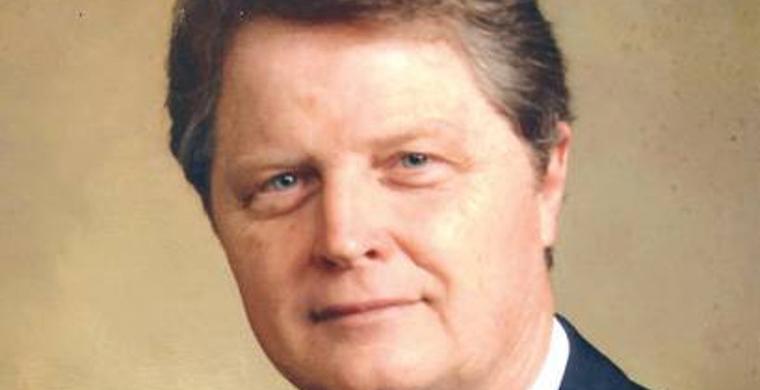SOUTH CAROLINA: Judge Dickson Will Determine What the Supreme Court Opinions Mean
ORANGEBURG, S.C. (November 19, 2018) -- Today, in the Orangeburg County Courthouse the honorable Edgar W. Dickson, heard arguments from the Diocese of South Carolina and the Episcopal Church on motions directed to the ruling of the South Carolina Supreme Court.
The judge began by asking, "Who thinks this case will be resolved today?" When one person in the courtroom raised a hand the judge indicated he hoped they were pulling for South Carolina in their upcoming game against Clemson, and concluded, "Six judges have heard this case. I'm number seven. I hope that's a lucky number."
While five motions are presently before the court, Judge Dickson said, "the motion I'm most interested in" is the issue of what he has to decide.
Alan Runyan argued for the Diocese that given the lack of clarity in the five separate opinions, Judge Dickson had to first decide, what, if anything, the Supreme Court decided. The slide presentation summarizing his argument may be found here. Mr Runyan noted at the beginning of his argument that the last statements by half the Supreme Court were that "We have given little to no coherent guidance in this case" and "The Court's collective opinions give rise to great uncertainty" in "this matter of great importance."
Tom Tisdale, counsel for TECSC and Mary Kostel, Counsel for TEC, presented their arguments which essentially repeated their prior assertions that "the decision has been made," by the South Carolina Supreme Court, and all that was left was enforcement of the results.
It was obvious that Judge Dickson had problems with the argument that it is clear what the Supreme Court decided.
Addressing Mr. Tisdale, he asked, "How many times have you seen a Supreme Court decision with five separate opinions?" Mr. Tisdale acknowledged that it had never happened in the history of the court.
When counsel for TEC continued to assert that the result was clear, the judge replied, "Like through a glass darkly."
In commenting on the present ruling he observed, "Usually when I get something remitted it's clear what I'm supposed to do." In this case, however, interpreting the Supreme Court ruling will entail "trying to ferret out what they meant."
In concluding he observed, "I have to decide and whatever is decided will be appealed by one side or the other."
The Judge indicated he would be sending follow up questions by email for both sides.














